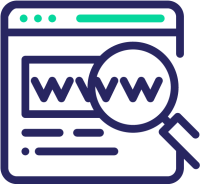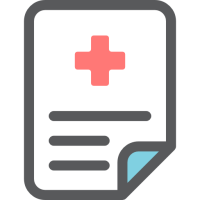The goal of this project is to mitigate the risks of commuting for Columbia employees when they will have to return to work after the state-on-pause is over from May 15. As Columbia has been preparing for ramping up labs with an emphasis on social distancing within campus, higher risks could arise when the employees have to commute between home and campus. It is estimated approximately one in five residents in NYC might have been infected by COVID-19 . With the fear of exposing to coronavirus, commuters have shifted from transit to individual cars or bikes, leading to a significant drop in subway ridership , more speeding tickets , surging bike traffic , and more crashes with cyclist injuries . On the other hand, low-income people of color, who have been hit the hardest by the coronavirus , could be in a more disadvantaged position after the state “un-pause”, because: (1) they lack accessibility to other travel modes than public transit; (2) they usually live far from their workplace for an affordable accommodation and have to commute a long way; and (3) many of them take night shift but most transportation options are shut down at night after the pandemic. This project aims to address travel safety and equity concerns of essential workers and provide a responsible and safe transportation solution for the Columbia community.
Continue reading






